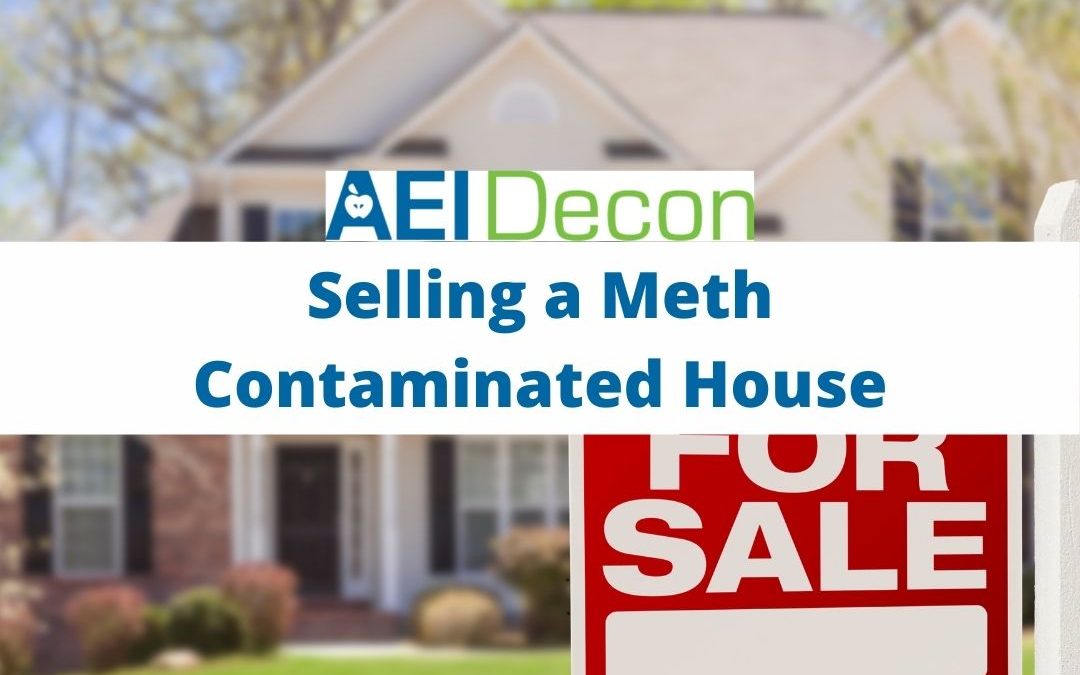This is a common question we often hear from those looking to buy or sell a home. Is selling a meth-contaminated house legal? And if so, is buying such a property wise? Naturally, some of this conversation comes down to your own goals, resources, and comfort zone. Other factors, of course, come down to the law.
Regulations for meth contamination vary by state. In Utah, it is perfectly legal to sell a meth-contaminated home under the provision that you make the necessary disclosures. In fact, many people choose this course of action to offset costs, complications, and stress. Generally, we see such transactions when someone inherited a home, their renters were busted with meth, or to sell a property more quickly. Often, buyers don’t mind the adjusted price point either, especially since we can take the cost of decontamination out of closing. In fact, real-estate investors sometimes buy meth-contaminated properties intentionally. (With decontamination and renovations in mind.)
How Common Is Meth, and Should I Be Worried About My Home?
Meth is a dangerous substance in all its forms. That is why the State of Utah requires decontamination for any home that tests above 1.0µg/100cm².
Furthermore, Utah was once notorious for meth labs. And with recent illicit innovations such as the shake-and-bake method and mobile meth labs, it is even easier to contaminate a property without anyone realizing it. Consequently, owners and lenders are often unaware of contamination. Sometimes this information emerges from someone becoming ill or finding drug paraphernalia hidden in the home. Other times, meth is found through testing as part of the buying or selling process.
Now, that doesn’t necessarily mean you need to panic. Just stay aware and use common sense. If you suspect someone has used or cooked meth in your home, it’s wise to test and know for sure. Similarly, we always recommend including meth testing as part of your home inspection. Don’t assume that because a home is new that it’s alright to skip that step, either. (Many of the former users we have interviewed named empty houses as prime places to cook and use. And you can never assume who is and is not using based on appearances.) Finally, if you are about to move into your newly built or remodeled home, it’s a good idea to test before relocating all of your belongings. (Meth residue can ruin and contaminate objects.)
What Happens to My Home If a Meth Test Is Positive?
Once meth is found and reported, the health department closes the property. That means you cannot live in or rent out the home until after proper decontamination. That is a process with many steps, including submitting specific work plans to the health department and follow-up testing, so make sure to check our other blogs for more information.
If ready to move forward, we suggest contacting a Certified Decontamination Specialist in your area. In Utah, that’s AEI Decon. We provide preliminary investment quotes for those interested in buying and selling a meth-contaminated house, as well as accurate testing, and guaranteed decontamination. Give us a call for more information at (801) 888-6698.

